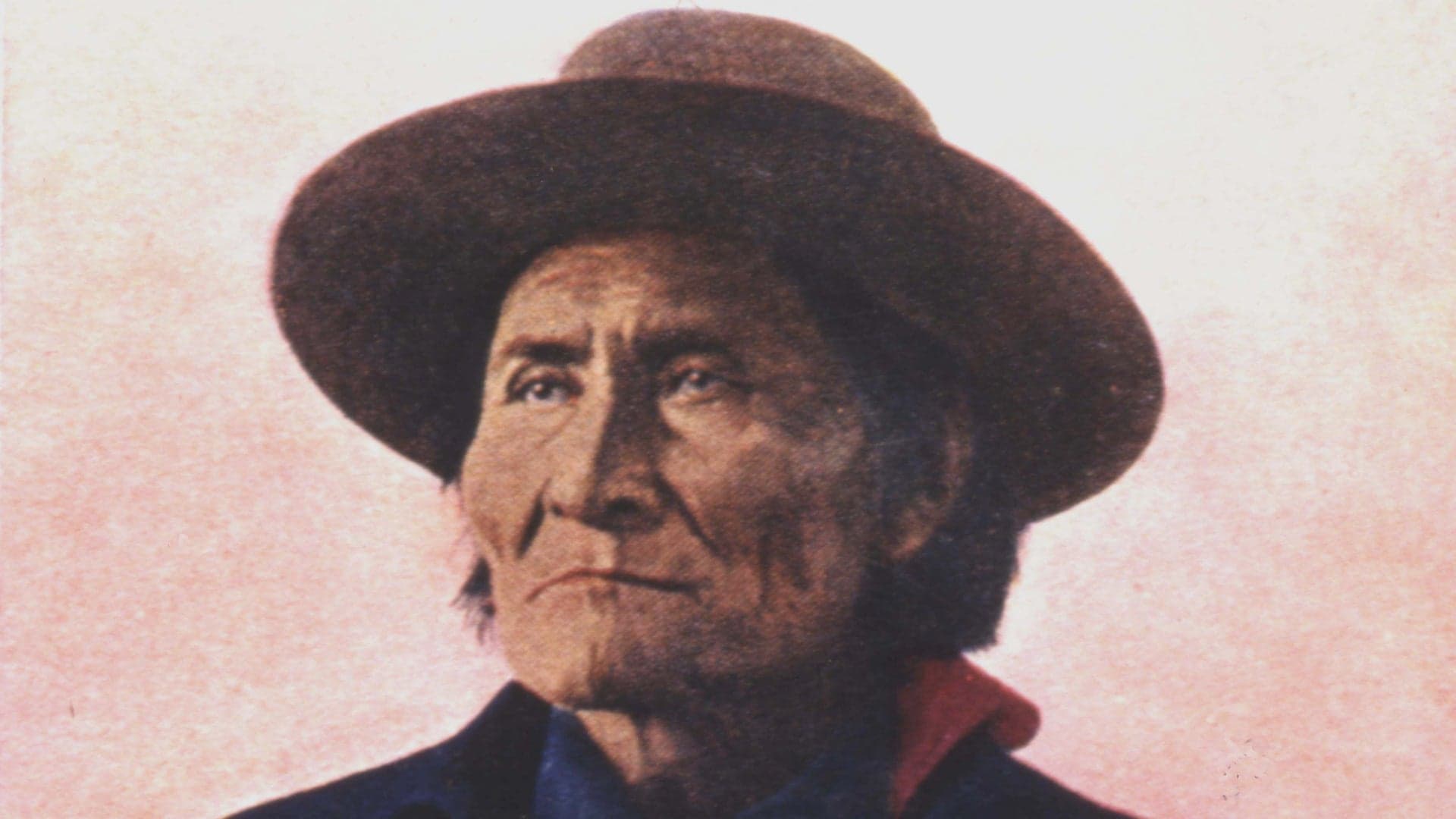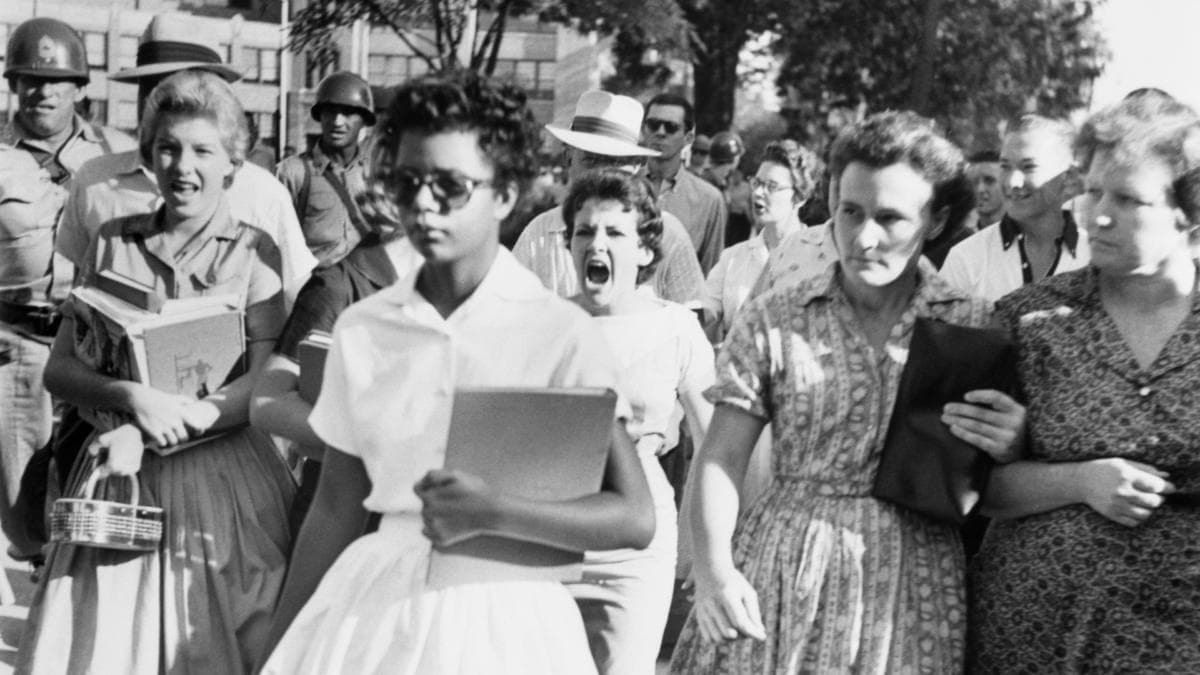Versatile, prolific, iconoclastic, misanthropic—all of these labels were attached to the name Frank Zappa over the course of his unique career in music, but one label that never fit was “pop star.” Even during his late 1960s and early 1970s heyday, it would have been hard to imagine a figure less likely than Frank Zappa to make a record that would capture the imagination of America’s pop radio-listening 14-year-olds. But then a funny thing happened: Frank Zappa had a 14-year-old of his own, and through her creative attempts to connect with her work-obsessed father, a true pop phenomenon was born. On this day in 1982, Frank Zappa earned his first and only top-40 hit with the satirical record “Valley Girl,” conceived by and featuring the voice of his 14-year-old daughter, Moon Unit.
As Moon Zappa (“Unit” is her middle name) tells the story, the one and only sacred rule growing up in the Zappa household was never to disturb dad while he was working in his studio, which was most of the time. So it was via a note slipped under his studio door that Moon broached the idea of recording a song that would satirize the shallow and vapid culture of a certain element of teen culture in her Los Angeles-area environs. “Since we don’t seem to be able to get together personally,” she wrote to her father, “maybe we could get together professionally.” Two nights later, Frank Zappa invited his daughter into his studio for the first time, and they began work on “Valley Girl.”
Though intended by both father and daughter as a send-up of the stereotypical mall-dwelling teens of the San Fernando Valley, “Valley Girl” took on a life of its own once loosed into the popular culture. While most may have consumed the song as satire, that didn’t stop such Valley vocabulary as “Fer sure,” “Ohmigod,” “Gag me with a spoon” and “Grody to the max” from spreading like a virus into corners of the world previous untouched by such catchphrases.
Frank Zappa’s biographical overview at the Rock and Roll Hall of Fame—into which he was inducted in 1995, two years after his untimely death from cancer at the age of only 53—includes the following observation: “Throughout his career, Zappa darkly but humorously depicted a landscape of wasted human enterprise largely driven by Pavlovian desires for consumer goods, sports and sex.” “Valley Girl” might not have been the most sharply realized example of Frank Zappa’s dark humor, but when it entered the pop charts on September 4, 1982, it gave him the biggest hit of his truly unique career.




